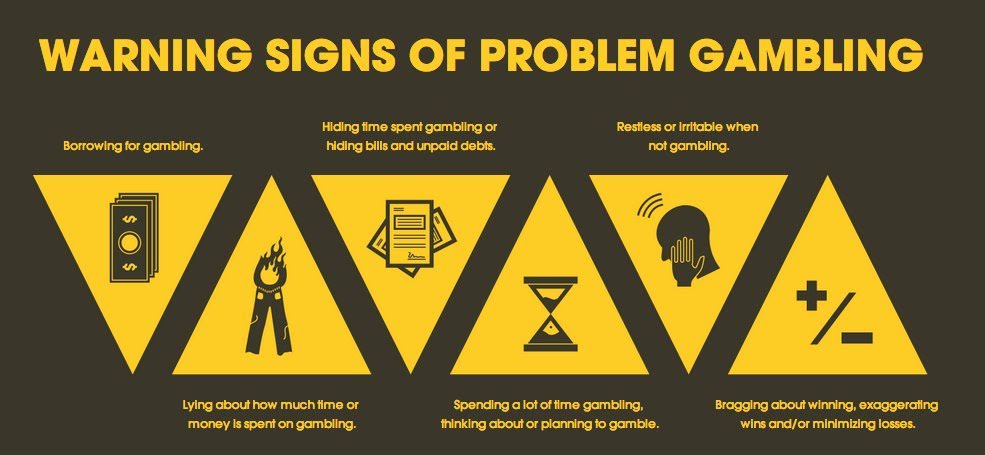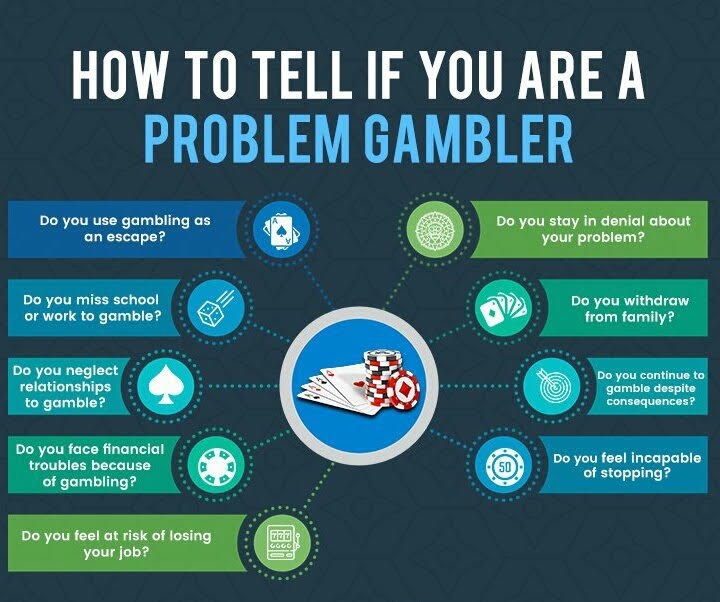
Gambling Awareness and Support Resources
Understanding Gambling in Kenya
Gambling has become a prevalent activity in Kenya, impacting individuals and communities. Understanding the scope of gambling in Kenya is essential to address its consequences:
Forms of gambling in Kenya:
- Online Gambling: sports betting, casino games,virtual sports,aviator etc
- Betting Shops
- Casinos
- Lotteries, raffles and Sweepstakes
- Slot Machines
- Pools Betting
- Media Gambling competitions especially on radios
Kenyan Gambling Statistics: Approximately 76% of Kenyan adults are involved in gambling. Research also reveals that youth spending on gambling is comparable to other risky behaviors like drinking alcohol and smoking.
Effects of Gambling: Gambling addiction can lead to financial distress, mental health challenges, family conflicts, and reduced productivity among Kenyan youth.
Signs of Problem Gambling in Young People
- Selling or losing possessions
- Heightened interest in sports results
- Creating betting opportunities in games
- Loss of interest in previously enjoyed activities
- Becoming defensive when questioned about gambling
- Changes in personality or mood
- Normalizing Behavior: Believing that excessive gambling behavior is common among others when, in reality, it may not be the case.
- Confusing Wins and Losses: Focusing more on wins and downplaying losses, which may lead to risky behavior.
- Superstitious Beliefs: Relying on superstitions or lucky charms to influence gambling outcomes.
- Ignoring Probabilities: Believing past outcomes influence future results.
- Chasing Early Wins: Believing early wins guarantee future successes.
Addicted? Support to Quit Gambling
First attempts are often unsuccessful. You know this already if you’ve tried to quit gambling. Find support to make your next attempt the one that sticks.
Counselling and support groups
Individual counselling and support groups can provide you with a safe and supportive space to talk about your gambling problem and learn strategies for coping and recovery. There are many different types of counselling and support groups available, so you can find one that is a good fit for your needs.
Self-help strategies
There are a number of self-help strategies that you can use to quit gambling. These include:
Identifying your triggers: What are the things that make you want to gamble? Once you know what your triggers are, you can start to develop strategies for avoiding them or coping with them in a healthy way.
Making a plan: Create a plan for how you will quit gambling. This plan should include your goals, your triggers, and your coping strategies.
Telling your friends and family: Let your friends and family know that you are trying to quit gambling. They can offer support and help you stay on track.
Finding healthy alternatives: Gambling can be a way to cope with stress or boredom. Find healthy alternatives to gambling, such as exercise, spending time with loved ones, or pursuing hobbies.
Medical treatment
There are no medications specifically for gambling addiction, but some medications used to treat other conditions, such as antidepressants and mood stabilizers, can be helpful. Talk to your doctor about whether medication may be right for you.
Longer-term benefits of quitting gambling
Quitting gambling can have a number of positive benefits for your life, including:
Improved finances: Gambling can be a financial drain. When you quit gambling, you will have more money to spend on other things, such as your bills, your family, and your hobbies.
Improved relationships: Gambling can damage relationships with your loved ones. When you quit gambling, you can start to rebuild your relationships.
Improved mental and physical health: Gambling can lead to a number of mental and physical health problems, such as stress, anxiety, depression, and financial problems. When you quit gambling, your mental and physical health will improve.

